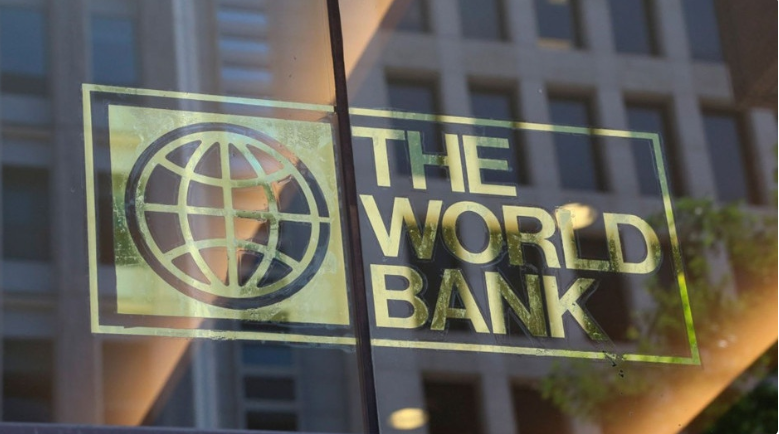 A recent World Bank report has revealed the staggering economic toll of Libya’s protracted conflict, estimating losses of over $600 billion in the past decade. The report highlights that without ongoing instability, the country’s 2023 Gross Domestic Product (GDP) could have been 74% higher, underscoring the devastating impact of political turmoil and civil unrest on Libya’s economic potential.
A recent World Bank report has revealed the staggering economic toll of Libya’s protracted conflict, estimating losses of over $600 billion in the past decade. The report highlights that without ongoing instability, the country’s 2023 Gross Domestic Product (GDP) could have been 74% higher, underscoring the devastating impact of political turmoil and civil unrest on Libya’s economic potential.
Libya, once one of Africa’s wealthiest nations due to its vast oil reserves, has struggled to regain stability since the fall of Muammar Gaddafi in 2011. The ensuing power struggles, armed conflict, and lack of centralized governance have disrupted vital oil production, infrastructure development, and economic diversification.
The World Bank’s analysis attributes a significant portion of the losses to reduced oil output, Libya’s primary revenue source. Frequent shutdowns of oil facilities due to militia activity and political disputes have resulted in erratic production levels, crippling state revenues. Additionally, the destruction of infrastructure, reduced foreign investment, and capital flight have further deepened the economic crisis.
The report also highlights the ripple effects on ordinary Libyans. High unemployment rates, inflation, and a depreciating currency have eroded purchasing power and pushed many into poverty. Public services such as healthcare, education, and utilities remain underfunded and overstretched, exacerbating the humanitarian crisis.
Experts believe Libya’s economic recovery hinges on achieving political stability and institutional reforms. Peace and good governance are prerequisites for unlocking Libya’s full economic potential, the report states. It calls for a unified government capable of implementing policies to stabilize the economy, rebuild infrastructure, and create an environment conducive to investment.
The World Bank also emphasized the importance of international support. While the United Nations and other global players have facilitated peace talks and rebuilding efforts, sustained commitment is necessary to help Libya overcome the challenges of post-conflict recovery.
Despite the grim statistics, the report points to Libya’s abundant natural resources and strategic location as key assets that could drive a rapid economic turnaround if stability is achieved. However, without immediate action, the country risks further economic decline, leaving future generations to bear the burden of decades of lost potential.
This report serves as a stark reminder of the long-term costs of conflict, not only for Libya but for the broader region, which remains entangled in geopolitical rivalries and migration crises stemming from the instability.

